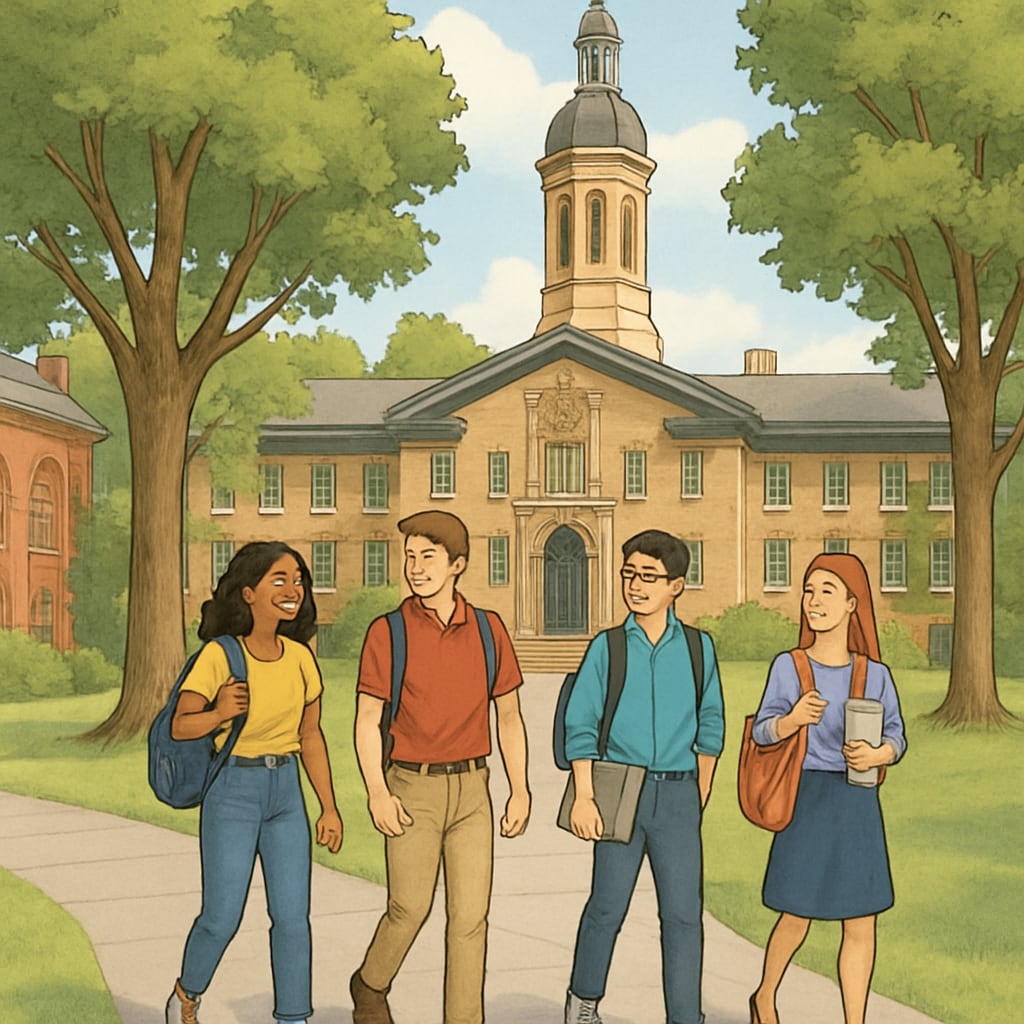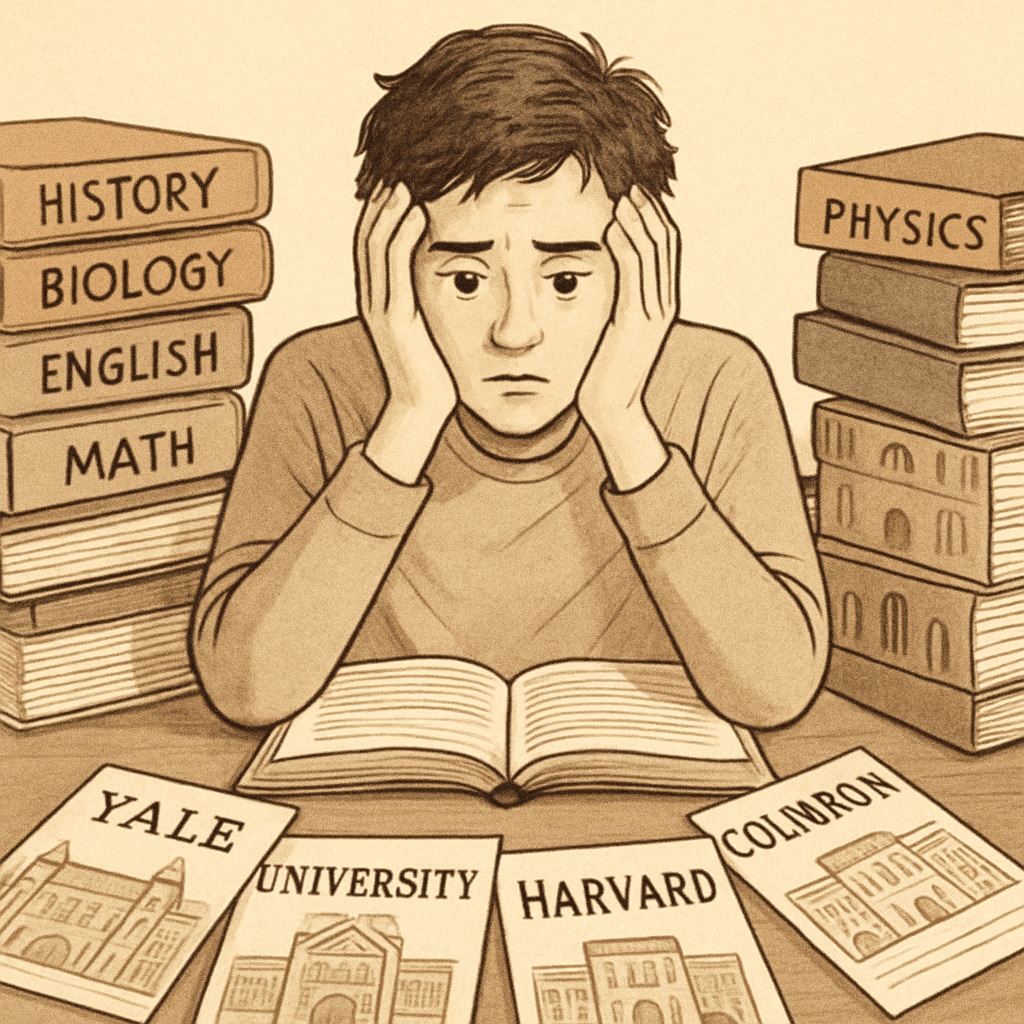The obsession with Ivy League schools, particularly Princeton University, has become a defining feature of modern K12 education. Parents, educators, and students often view these prestigious institutions as ultimate goals, equating admission with success and fulfillment. However, this widespread “Ivy League worship” raises important questions about whether these schools truly deliver on their perceived value and how this fixation impacts the foundational years of education.

The Ivy League Status: Prestige or Overestimation?
Princeton University, a cornerstone of the Ivy League, enjoys a reputation rooted in academic excellence, history, and exclusivity. Its name carries an almost mythical aura, promising unparalleled opportunities and success. However, evidence suggests that the benefits of attending these elite institutions may be overstated. For example, studies have shown that long-term career satisfaction and income levels are often driven more by individual effort, skills, and networks than by the prestige of one’s alma mater.
Moreover, a recent analysis on Wikipedia highlights that while Ivy League schools excel in providing resources, their environment may not be suitable for every student. Pressure to conform, intense competition, and the high cost of attendance are challenges that often go unaddressed. Therefore, the assumption that attending Princeton guarantees success may lead to unrealistic expectations and unnecessary stress.
Impact on K12 Education: A Misguided Focus
The relentless pursuit of Ivy League admissions has profound effects on K12 education. Schools increasingly tailor their curriculums and extracurricular programs to align with Ivy League application criteria, often at the expense of holistic development. Students are encouraged to prioritize test scores, AP classes, and resume-building over creativity, mental health, and personal interests.
This approach can be detrimental in multiple ways:
- Stress and Burnout: The pressure to excel academically and socially can lead to anxiety and emotional exhaustion.
- Narrow Skill Development: Overemphasis on academic achievement can hinder the growth of other essential skills, such as emotional intelligence, teamwork, and adaptability.
- Lost Passion for Learning: Students may focus solely on results, losing their intrinsic motivation to explore and learn.

Reevaluating Educational Priorities
To combat these issues, educators and parents must shift the focus away from elite institutions and toward cultivating well-rounded individuals. Success should be redefined to include diverse paths, recognizing that fulfillment and achievement come in many forms. Key strategies include:
- Encouraging Exploration: Allow students to explore interests and talents without the constraints of rigid academic goals.
- Promoting Mental Health: Create environments that prioritize emotional well-being over performance metrics.
- Broadening Definitions of Success: Highlight successful individuals from varied educational backgrounds to dispel myths surrounding elite schools.
- Balancing Academics and Life Skills: Integrate programs that teach leadership, empathy, and resilience alongside traditional subjects.
As a result, students will enter higher education with a balanced perspective, equipped to thrive regardless of whether they attend Princeton or another institution. For further insights on educational reform, the Britannica overview on education provides valuable recommendations.
Conclusion: Moving Beyond the Ivy League Myth
The allure of Princeton and other Ivy League schools is undeniable, but the societal tendency to overvalue these institutions can harm the very students we aim to nurture. By revisiting our priorities in K12 education, we can foster environments that embrace diverse talents, reduce stress, and promote genuine growth. While Ivy League schools may be exceptional, they are not the sole path to success. It’s time to rethink what we truly value in education and allow students to define their own journeys.
Readability guidance: This article employs concise paragraphs, clear transitions, and actionable recommendations to ensure accessibility and engagement. Lists are used to summarize key points effectively, while overuse of lengthy sentences and passive voice is avoided.


